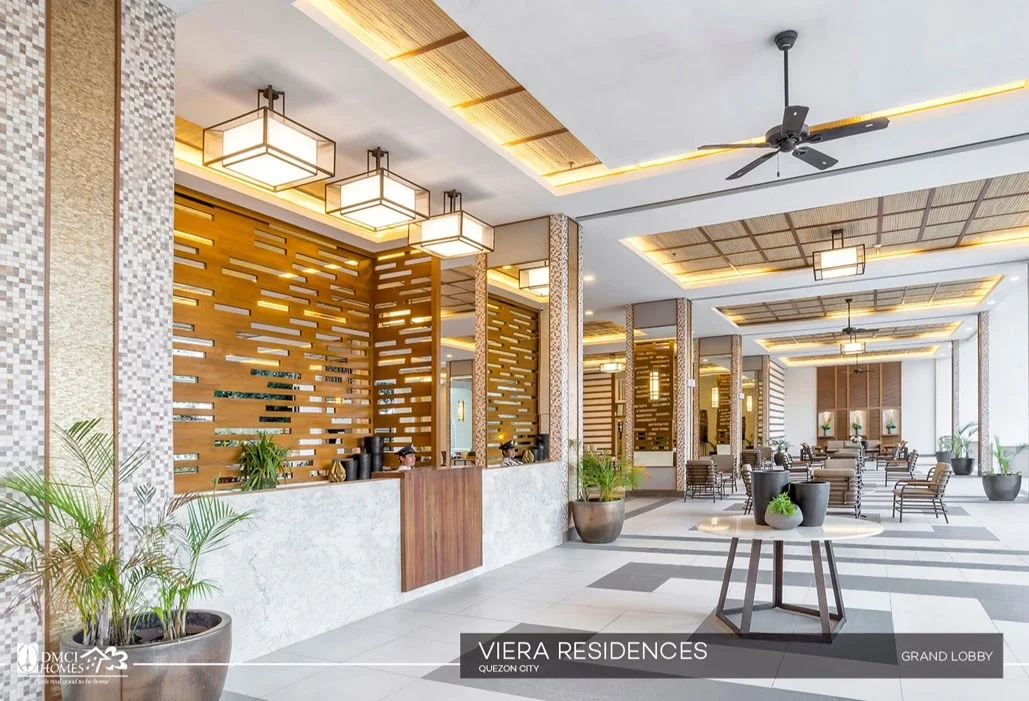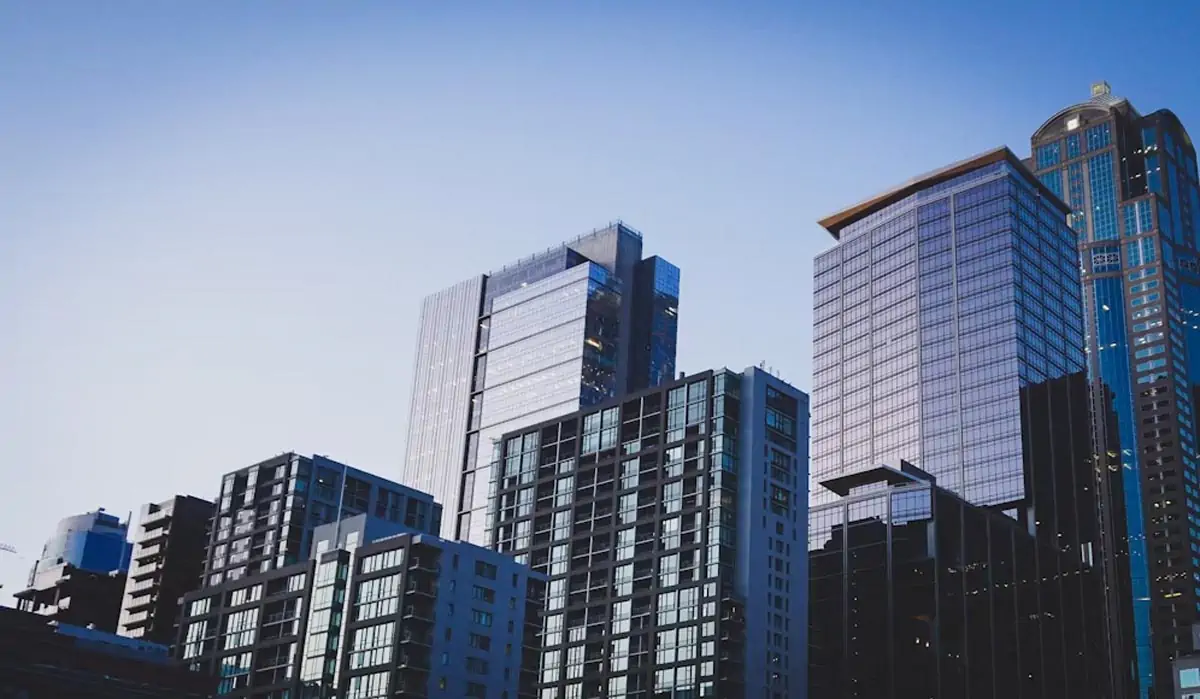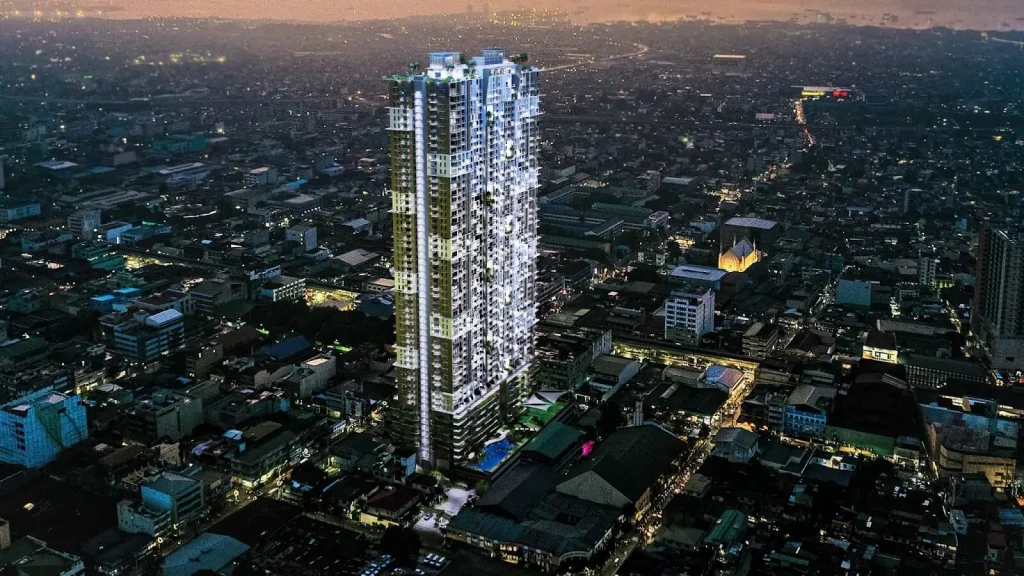Why is there an increasing number of people in the Philippines who prefer renting a condo than a traditional house? Let us count the reasons.
First, condominium rental rates have become more affordable because of a high inventory of units, especially in Metro Manila. Second, condo projects are strategically situated near or at the center of business and commercial districts, allowing people to slash the time and expenses of travelling because of the convenient location of their homes.
Third, condos offer owners and tenants free use of amenities such as fitness centers, swimming pools and entertainment lounges, removing the need to spend a lot of money on a weekend relaxation session outdoors. Fourth, since many parts of Metro Manila turn into Waterworld during rainy seasons, living in a condo means you and your home are safe from devastating floods. Brew coffee and enjoy the somber weather from the comforts of your warm condo unit. The list of reasons can go on and on.
If you’re about to rent a condo soon, there are important things you should know. How long is “long-term”? What is the extent of my use of condo amenities? Here are seven things you should be aware of regarding long-term condo rentals in the Philippines.
Define “long-term” leasing
Whatever transaction you’re engaging in, you have to read the fine print in your contract of lease, which is an agreement between a lessor (the property owner) and a lessee (the tenant). The Term of Lease heading states the period the contract is good for. Generally, a term of less than three months is regarded as “short-term” leasing.
Most long-term lease contracts, whether for condos, apartments or houses, are valid for six months, subject to renewal. The contract of lease shall also provide for provisions on renewal or extension of lease as well as pre-termination of the agreement.
Are you dealing with a sub-lessor?
Republic Act No. 4726, otherwise known as The Condominium Act, speaks of “registered owners” in a condo project. It is the owner who exercises property rights over a unit, including the absolute right to sell or dispose of his condo. Be cautious of who you’re dealing with when scouting for long-term condo lease as the Internet is full of property ads posted by just about anybody with a wi-fi connection; you may get scammed. Inquire whether you’re transacting with a registered owner or an accredited leasing officer. Do note most condos prohibit subleasing, or a renting agreement between an original tenant and a new tenant.
For residential use only
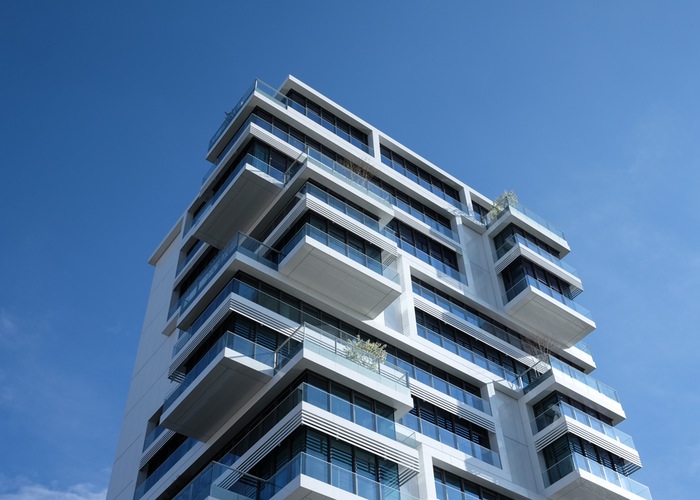
Photo Courtesy of Timur Saglambilek via Pexels
One of the provisions in your contract may state the leased property is for residential purposes only. You better clarify this with your contact if you’re thinking of using your home address for your business. Even in renting a house inside a subdivision, you’d still need to inquire whether your home can be used for business purposes. In searching for a condo unit, it’s advisable to speak with the owner and/or leasing officers about your intent for renting to prevent any future inconveniences.
Improvements only upon approval
Are you thinking of repainting the rooms or changing the bathroom tiles? Not so fast! Check your contract of lease for rules governing improvements on the leased property. More likely than not, you’d need to secure permission from the owner. You must know that not all home improvements boost condo prices, so you’re not exactly helping the owner by turning their unit into an extension of the USS Enterprise.
The right to inspect
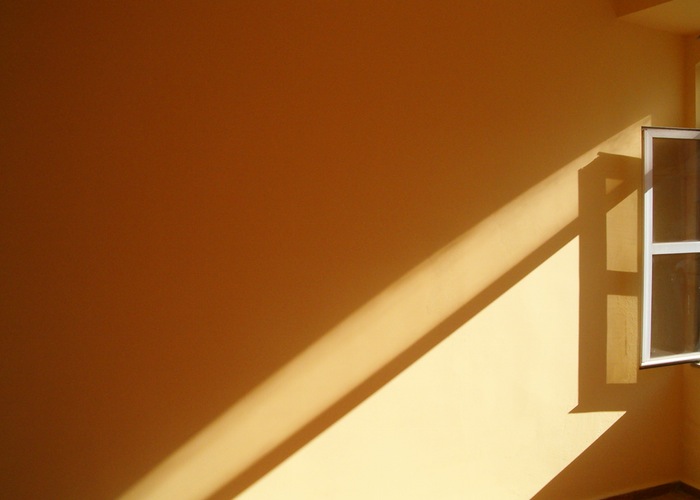
Photo Courtesy of drmakete lab via Pexels
As a general rule, no one (not even police personnel) can enter your home without proper authority — that authority may only come from you or a court. However, there may be instances when the lessor or condo employees can inspect leased premises. The circumstances are stipulated in the contract of lease. These instances include emergencies requiring tenants to vacate their units or if a breach of contract has been committed.
If you’re leaving town for a few weeks, let your lessor or leasing officers know. You can ask them to check on smoke, leakage or any sign of alarm while you’re away.
Be aware of association dues, bills, etc.
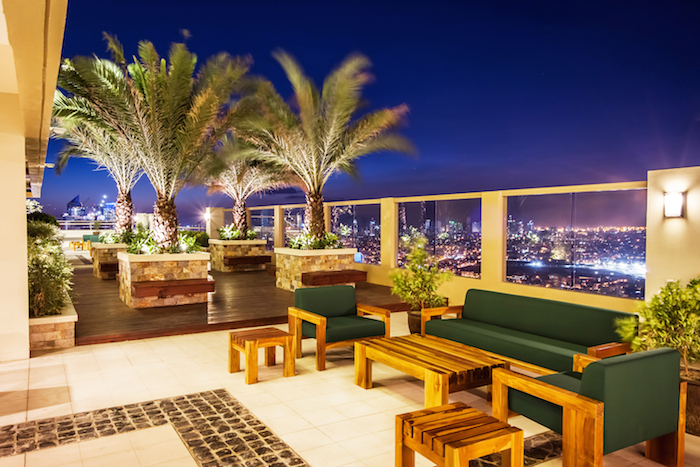
Photo Courtesy of DMCI Homes
Similar with living in a subdivision, each condo owner or tenant is charged with a homeowner’s fee for the maintenance of common areas and facilities in the condo project. It is advisable to choose a condo project that uses energy-saving technologies, such as motion sensor-controlled lighting, that can reduce the association dues.
Each tenant is responsible for their electricity and water bills. You may be asked to pay a security deposit which shall cover damages and other liabilities such as unpaid utility bills at the end of the contract.
Communal use of amenities
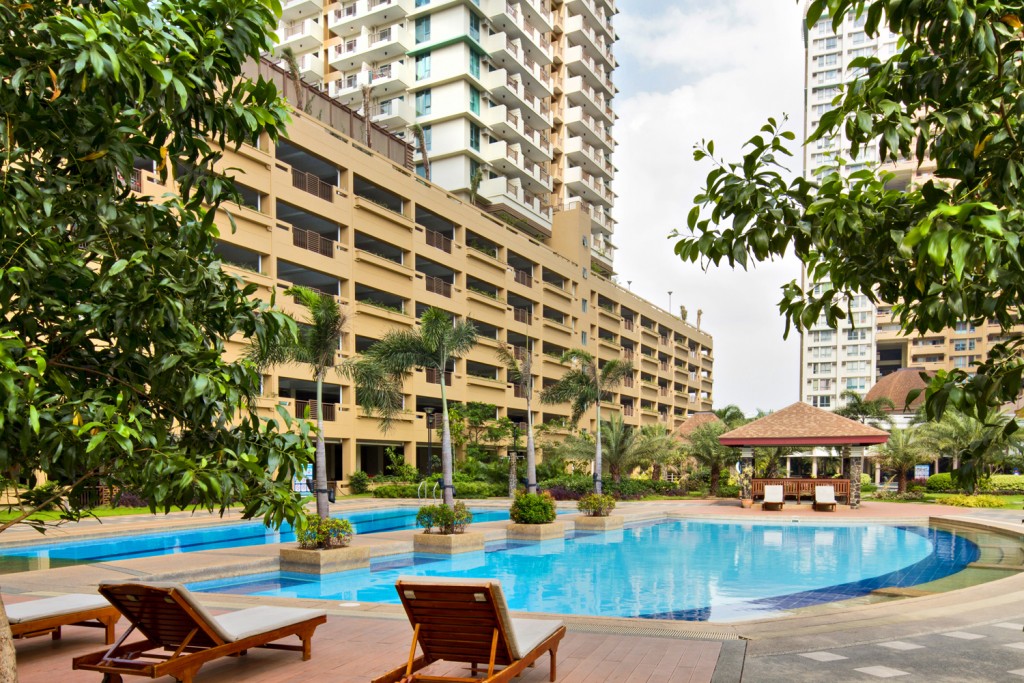
Photo Courtesy of DMCI Homes
Many choose condo living for the unlimited use of top-of-the-line facilities. You can take a dip in a pool after a stressful day in the office or burn some calories in the condo gym. You can also host parties inside the condo community — a swimming party or a family dinner perhaps? One thing you have to remember though is there are rules and regulations in enjoying these benefits. Review your contract of lease for the number of guests you may host at any given time and know the stipulated hours you can use the fitness center and lounge. Remember to observe rules to ensure a peaceful community living experience.
Regardless of the type of accommodation you’re getting, it’s essential to have a guide to long-term renting. This will help you make better decisions and avoid the hassles of an agreement gone wrong. Clarify each item and attempt to negotiate if you must. Some lessors offer discounts on rents for longer leasing terms. If in doubt of any provision in your contract, don’t hesitate to ask. As renowned author Henry Boye said, “The most important trip you may take in life is meeting people halfway.”




